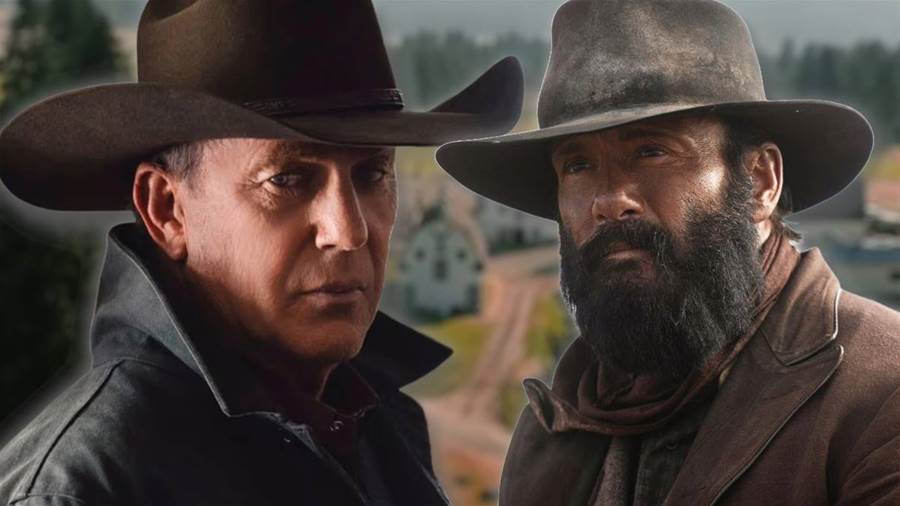

The core values and beliefs of the Dutton family, as depicted in both and its prequel , are illuminated through a pivotal scene: a father taking his son hunting for the first time. This tradition serves as a lens through which the evolution of the Dutton family's perspectives on survival, wealth, and legacy can be observed.
In , patriarch John initiates his grandson Tate into the art of hunting, emphasizing its vital role in survival. Similarly, in
, James imparts this same wisdom to his son John. Despite the disparity in wealth and lifestyle between the two generations, the significance of hunting remains paramount. It's not merely about acquiring food but also about instilling a sense of responsibility and connection to the land.

Through these parallel scenes, we witness the transformation of the Dutton family's relationship with hunting. What was once a means of survival in the harsh frontier becomes a symbol of heritage and identity.
Despite their affluence in modern times, the Duttons continue to honor this tradition, recognizing its role in shaping their collective identity.
The hunting scenes in both and serve as poignant reminders of the enduring values that define the Dutton family. Beyond the thrill of the hunt, they symbolize resilience, adaptability, and the unyielding determination to preserve what is most precious. In a world fraught with challenges and uncertainties, the Duttons stand as a testament to the enduring power of legacy and the bonds that bind generations together.
In conclusion, the hunting tradition portrayed in both and offers viewers a profound insight into the core values of the Dutton family. It is through these timeless rituals that the essence of their legacy is preserved, echoing across generations as a testament to their indomitable spirit.
